Books
Imperiled Whiteness: How Hollywood and Media Make Race in “Postracial” America
University Press of Mississippi
July 2023
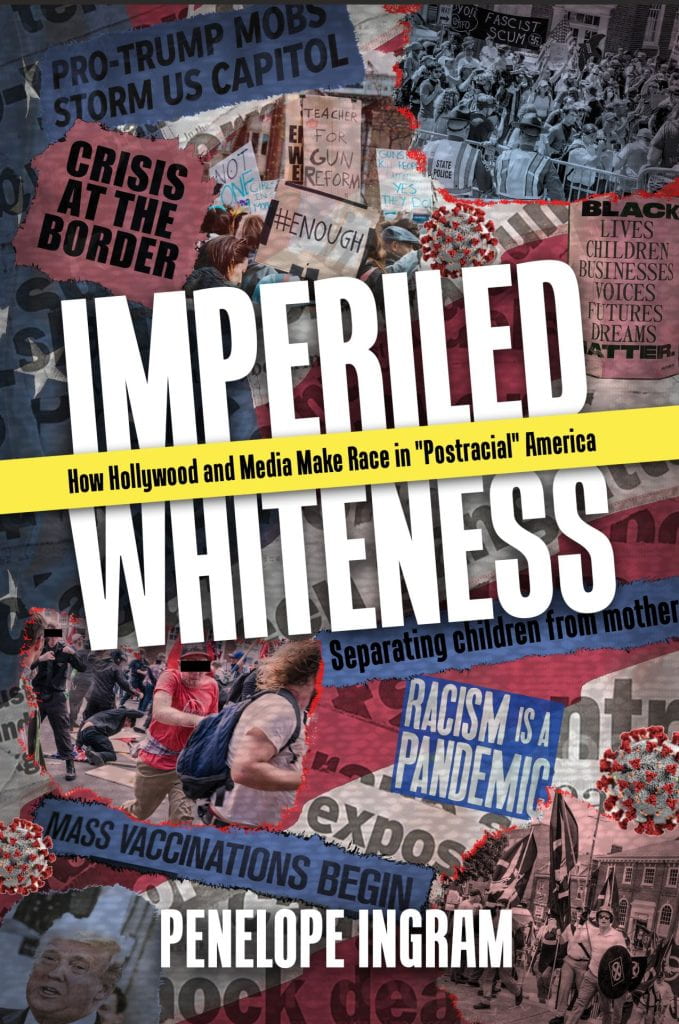


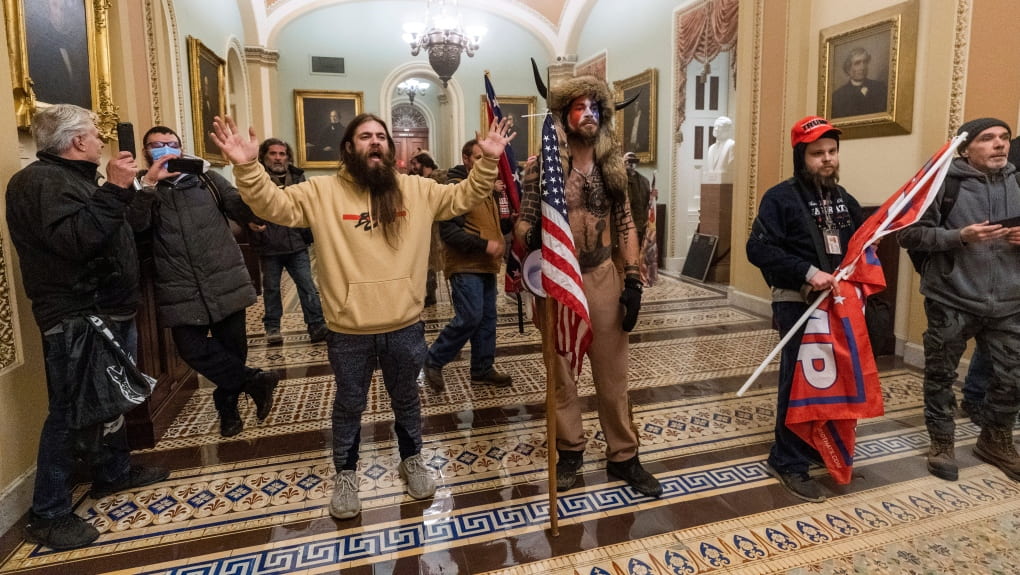

Imperiled Whiteness argues that in the Obama-to-Trump era, a variety of media platforms, including film,television, news, and social media, turned white identity into a commodity that was packaged and disseminated to a white populace.
The book emphasizes how media in its myriad forms coopted a postracial narrative, making whiteness a disenfranchised commodity and vivifying white nationalist and neo-Nazi movements on the alt-right.
While fully recognizing the covert centrality of whiteness to postracial discourses, Ingram challenges existing scholarship to argue that discourses of the postracial have enabled the rise of an overt white identity politics, a sense of solidarity among white people, including those who espouse liberal or progressive political views.
THE SIGNIFYING BODY: TOWARD AN ETHICS OF SEXUAL AND RACIAL DIFFERENCE
SUNY Press, 2008
The Signifying Body reads the work of Luce Irigaray and Frantz Fanon against Heidegger’s theory of ontological becoming, arguing that each in their respective critiques of phallogocentrism and colonialism develops an ontology which not only allows for but presumes an ethical relation with an Other.
The Signifying Body suggests that by attending to the materiality of sexual and racial difference, we can imagine ontologies that account for the lived experience of subjects that have traditionally served as the ground/object/thing for the white male humanist subject.
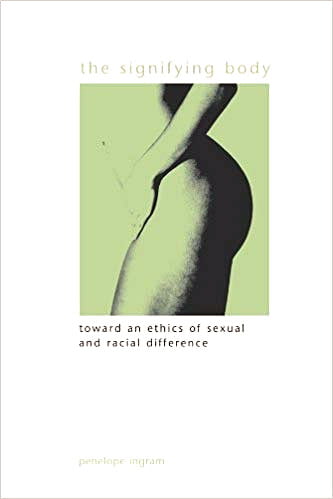
Recent Essays
“OBAMA, TRUMP, AND THE POLITICS OF AN APE PLANET”
Jump Cut: A Review of Contemporary Media. Vol. 58, Spring 2018
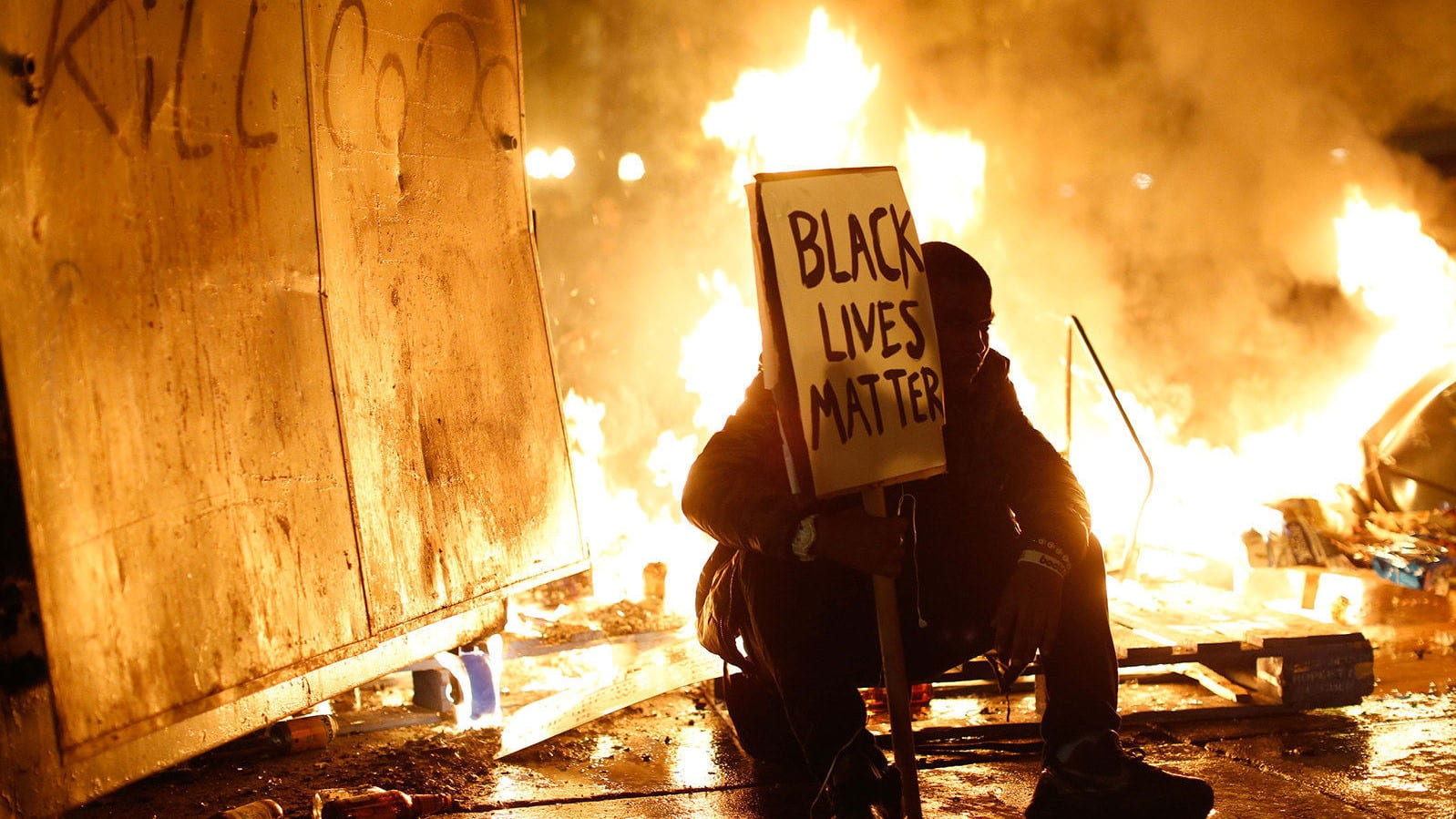


The essay examines the new Planet of the Apes franchise in light of the current political landscape in the US. I trace the history of the ape/black association and discuss its resurgence during the Obama years, and detail the events of racial violence and protests that led up to and followed the release of Dawn of the Planet of the Apes.
I argue that the film borrows heavily from contemporary scenes of racial unrest and invites viewers to associate the take-over of the apes and the take down of the humans with the current state of race relations in America.
The message of 2017’s War for the Planet of the Apes, by contrast, is markedly different. War moves away from a critique of black/white relations and instead utilizes the prevailing Trumpian rhetoric of immigration—of building a wall and securing the border, as well as the discourse of terrorism—of an unnatural enemy and “holy war.” The warning in War is not fear of the other, but rather fear of what has become of us in Trump’s America.
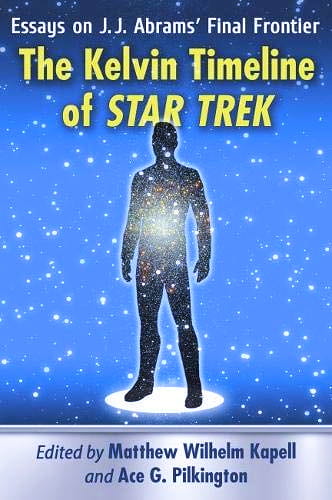
“RACE, THE FINAL FRONTIER:
STAR TREK, TRUMP, AND HOLLYWOOD’S DIVERSITY PROBLEM”
Essays on J.J. Abrams’ Final Frontier: The Kelvin Timeline of Star Trek (McFarland 2019)
After the whitewashing controversy attending J.J. Abrams’s 2013 reboot, Star Trek Into Darkness, Abrams produced Star Trek Beyond, directed by Asian-American director Justin Lin and featuring black British actor Idris Elba in a lead role as the evil Krall. I argue that both films betray a palpable ambivalence about whiteness and blackness, and “us and them,” which mirrors shared anxieties about race in so-called post-racial America. Released in 2013 and 2016, respectively, these science fiction films provide a sort of road map for understanding that particular brand of white resentment and rage expressed by many who voted for Donald Trump in the 2016 election.
Race, Gender, Media, Politics
